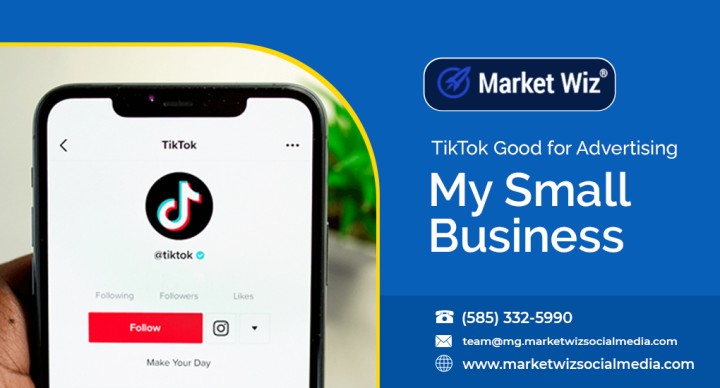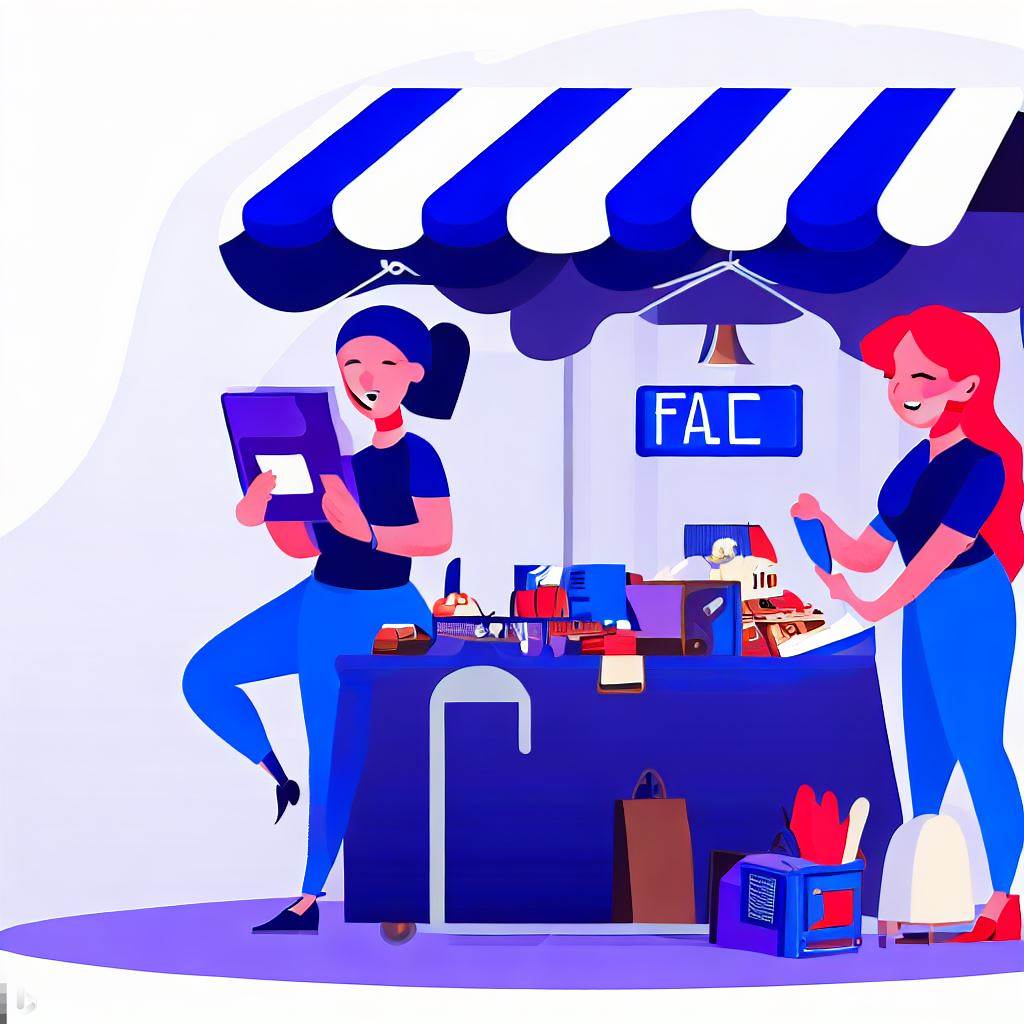Facebook Marketplace has quickly become one of the top platforms for buying and selling items locally. While its convenience and vast audience offer a great opportunity for sellers, there are also pitfalls. Violating Facebook’s terms and conditions, even accidentally, can get your account restricted or even banned. Here are three essential tips to ensure you stay out of trouble while using Facebook Marketplace.
- Understand and Comply with Facebook’s Commerce Policies
Facebook has a set of Commerce Policies that all sellers must follow. These guidelines cover a wide range of topics including prohibited items, misleading product descriptions, and dishonest business practices. Here are a few key points:
Prohibited Items: Facebook has a list of items that are not allowed to be sold on the Marketplace. This includes illegal drugs, prescription drugs, animals, firearms, explosives, and more. Before listing an item, ensure it’s not on the prohibited list.
Honesty is Key: Always be truthful in your product descriptions. Misleading potential buyers can lead to complaints and your account getting flagged.
- Maintain Good Selling Etiquette
Good selling practices not only help you make sales but can also keep your account in good standing.
Communication: Always respond to queries promptly and politely. A timely and helpful response can often be the difference between making a sale and losing a potential customer.
Accurate Images: Use clear photos that accurately represent the item you’re selling. This reduces the chances of disputes after a sale.
Pricing: Set a fair price for your items. Overpricing or deceptive pricing can lead to negative feedback or reports.
- Avoid Potential Scams
Protecting yourself and potential buyers from scams is crucial for maintaining a trustworthy profile on the Marketplace.
Local Transactions: It’s advisable to conduct transactions locally and meet in safe, public locations. This reduces the chances of scams and potential misunderstandings.
No Outside Links: Do not try to redirect users to external websites or payment portals. This is a violation of Facebook’s policies and can also be a red flag for potential buyers.
Report Suspicious Behavior: If you encounter any suspicious behavior or believe someone is trying to scam you, report it. This helps Facebook keep the platform safe for all users.
In conclusion, while Facebook Marketplace offers a fantastic platform for buying and selling items, it’s vital to understand the rules and best practices to keep your account in good standing. Following these three tips will help ensure that your selling experience on Facebook Marketplace is both profitable and hassle-free.
Remember to like, share, and comment if you found these tips helpful! And stay tuned for more insights on making the most out of your online selling platforms.
Do IP Addresses Really Matter with Facebook Marketplace Bans?
When it comes to Facebook Marketplace bans, many speculate that their IP address plays a significant role. But how true is this?
Understanding IP Bans: An IP ban means that a particular IP address is barred from accessing a platform. The common misconception is that once you’re banned on Facebook Marketplace, any account you create or log into from the same IP address will face the same fate. However, while IP addresses are a factor, they aren’t the sole determinant.
Multiple Users, One IP: Consider scenarios where multiple users share a single IP address, like in households or workplaces. Facebook is aware that penalizing all users because of one user’s misconduct is unfair. So, while they might monitor IP addresses for patterns of abusive behavior, they don’t blindly ban all accounts associated with a flagged IP.
What Truly Matters: More than IP addresses, Facebook’s algorithm looks at behavioral patterns. Quick account switches, posting prohibited items, or multiple policy violations are likelier reasons for bans than merely using a previously flagged IP address.
The Importance of Blocking Competitor Profiles
While it might seem a bit aggressive, blocking competitor profiles can be crucial for several reasons.
Avoid Unnecessary Reporting: In a highly competitive marketplace, some sellers employ underhanded tactics to edge out competition. This might include falsely reporting competitor listings. Blocking competitor profiles reduces the chances of such unwarranted reports.
Prevent Copycat Listings: Competitors can easily copy your product images, descriptions, or pricing strategies. By blocking them, you make it harder for them to have direct access to your listings, thus safeguarding your unique selling propositions.
Maintain a Clean Interaction Space: It’s important for your page to be a space for genuine buyers. You don’t want competitor profiles crowding out genuine customers or leaving negative comments that could dissuade potential buyers.
Be Cautious with Multiple Device Logins
One of the lesser-known triggers for Facebook scrutiny is frequent logins from multiple devices.
Pattern Detection: Facebook’s security algorithms are designed to detect suspicious activity. Constantly switching devices can be flagged as erratic behavior, especially if these devices are in different geographical locations.
Session Conflicts: If you’re logged into Facebook Marketplace on multiple devices simultaneously, there can be session conflicts, which might lead to glitches or inadvertent policy violations.
Maintain Account Integrity: It’s advisable to maintain dedicated devices for business purposes. This not only reduces the chances of accidental policy violations (like posting prohibited items from personal collections) but also ensures that your account remains uncompromised.
In the ever-evolving landscape of online selling, understanding platform-specific nuances can give you an advantage. By demystifying misconceptions about IP bans, being strategic about competitor interactions, and being cautious about device usage, you can optimize your Facebook Marketplace experience.
[calendly url=”https://calendly.com/marketwizai/market-wiz-demo” type=”1″]

















